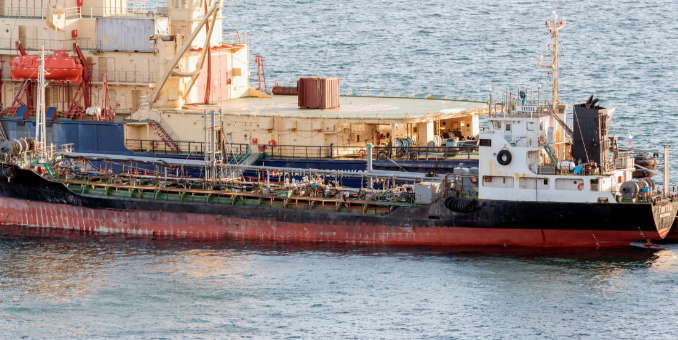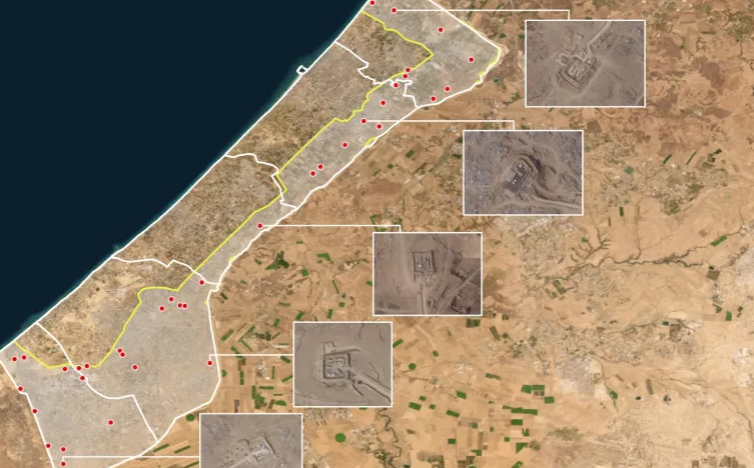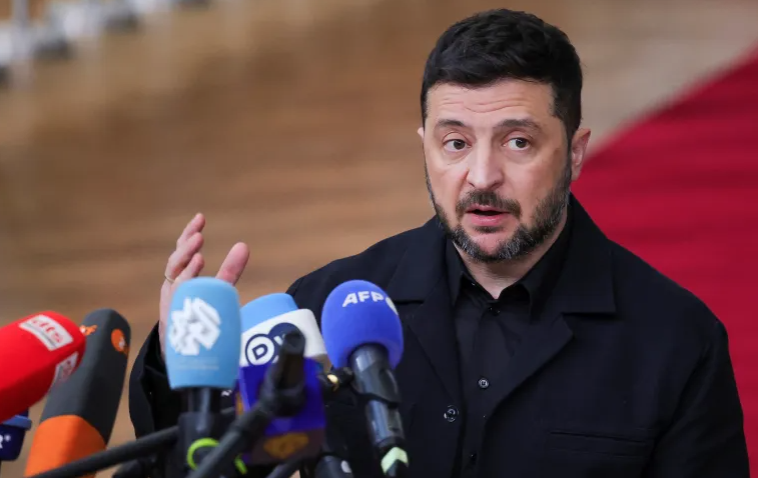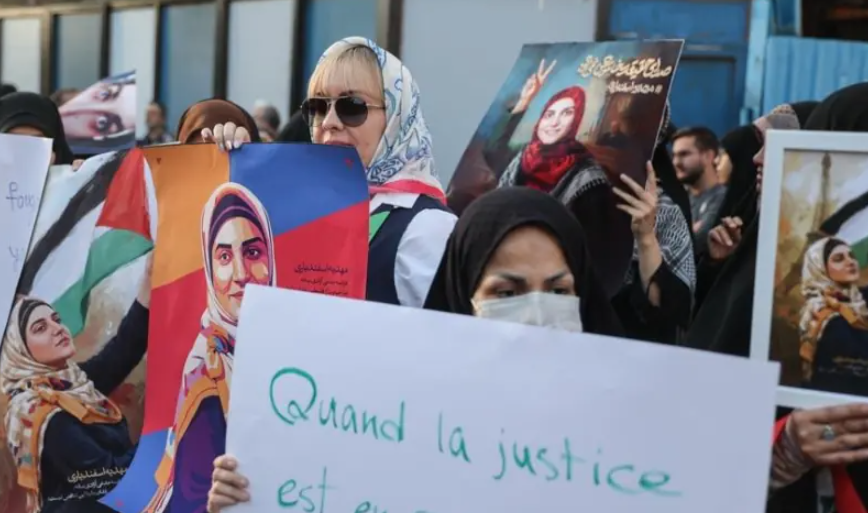WORLD NEWS

U.S. President Donald Trump has imposed sweeping sanctions on Russia’s two largest oil companies — Rosneft and Lukoil — in response to Moscow’s ongoing war in Ukraine. The move sent global oil prices surging by 5% and prompted India to consider cutting its imports of Russian crude.
The sanctions mark a major departure from Trump’s earlier stance. Just last week, he had hinted at a summit with Russian President Vladimir Putin in Budapest aimed at ending the conflict. However, on Wednesday, Trump abruptly cancelled the meeting, saying it “didn’t feel right.”
“We cancelled the meeting with President Putin — it just didn’t feel right to me,” Trump told reporters. “It didn’t feel like we were going to get to the place we have to get. So I cancelled it, but we’ll do it in the future.”
Russia Dismisses Sanctions as “Unproductive”
The Kremlin swiftly dismissed the new U.S. sanctions, with Russian officials vowing to deliver a “painful response” if Western nations proceed with plans to seize frozen Russian assets to fund Ukraine’s defense.
The sanctions, announced by U.S. Treasury Secretary Scott Bessent, target Moscow’s ability to finance what has become Europe’s largest land war since World War II.
“Given President Putin’s refusal to end this senseless war, Treasury is sanctioning Russia’s two largest oil companies that fund the Kremlin’s war machine,” Bessent said.
Russia’s oil and gas revenue — down 21% year-on-year — still accounts for about 25% of its national budget, making it the backbone of Moscow’s wartime economy. Yet analysts note that because most of Russia’s tax revenue comes from oil production rather than exports, the short-term fiscal hit may be limited.
Market Shock and India’s Reaction
The sanctions immediately rattled global markets. Brent crude jumped 5% amid fears of a supply crunch. Meanwhile, India, now the largest buyer of discounted Russian oil, signaled it may slash imports to comply with the U.S. measures.
Indian oil industry officials said refiners are assessing the new regulations to avoid falling afoul of U.S. penalties. The U.S. Treasury has given companies until November 21 to wind down dealings with Rosneft and Lukoil.
Lukoil cancelled a planned board meeting on Thursday “in light of the new circumstances,” according to a company statement.
Russia’s Defiance and Ongoing Escalation
Despite growing economic pressure, Moscow remains defiant. Russian Foreign Ministry spokeswoman Maria Zakharova downplayed the impact, claiming Russia has developed “a strong immunity” to Western restrictions.
As the sanctions took effect, Russian drones attacked Kyiv for a second consecutive night, injuring nine people. In turn, Russian air defenses reported shooting down 139 Ukrainian drones.
At the same time, EU leaders and Ukrainian President Volodymyr Zelensky met in Brussels, discussing the use of frozen Russian assets to provide a €140 billion ($163 billion) loan package to Ukraine.
Trump’s Shifting Position on Ukraine
Trump’s latest move adds to his inconsistent stance on the Ukraine conflict. After his August summit with Putin in Alaska, Trump dropped demands for an immediate ceasefire and instead backed Moscow’s proposal for a comprehensive peace deal.
However, in recent days, he has once again called for an immediate ceasefire, aligning more closely with Kyiv’s position.
Moscow, for its part, has rejected the idea, arguing that a temporary truce would only allow Ukraine to rearm and regroup. Russia insists that only a long-term settlement—on its terms—can bring what it calls “lasting peace.”
Ukraine, however, sees Russia’s conditions, which involve ceding more territory, as nothing short of a demand for surrender.
Zakharova criticized Washington’s latest sanctions, saying they are “exceptionally counterproductive” and further complicate efforts to reach a negotiated resolution to the war.




